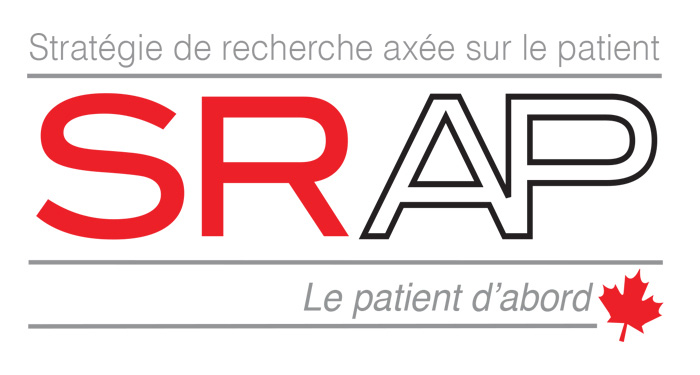This essay is part of a series of reflections on primary care during the pandemic presented by Réseau-1 Québec. Essay originally published on October 5th, 2020. This essay was also published in French on the La presse plus website and is available here >>
“It was the best of times, it was the worst of times, … it was the spring of hope, it was the winter of despair.” – Charles Dickens, Tale of 2 Cities
Although we are still very much in the centre of the storm of the pandemic, it is important to begin a reflection on what we can learn about the foundations of our healthcare system from a policy perspective.
The COVID-19 pandemic has demonstrated a great deal that is positive about our healthcare system. Governments and political parties have generally put aside differences. Decisions are based on the best available public health counsel. Healthcare workers have responded with determination and self-sacrifice. Innovations are now rapidly being implemented. The population has generally followed the advice and the instructions from political and health authorities.
The most important factor is that Canada has a universal, single-payer healthcare system that is based on the notion that health is a social and societal value and not a market commodity. Each province is essentially one healthcare system capable of mobilizing human and physical resources. Canada has both excellent primary and specialty/hospital care with clearly delineated responsibilities.
Yet not all is perfect. The initial strategy to protect the hospital system has been successful. But it is the deplorable situation of older persons in nursing homes (NH) and residences that has been the most striking.
It is tragic but not surprising that the vast majority of deaths are found in very vulnerable older persons in NH and residences. However, it is heartbreaking to witness older people living and dying in unacceptable conditions, cut off from their families, cared for by poorly protected, overwhelmed and under-resourced staff.
This devastating pandemic has evolved very rapidly and there is little precedent on which to make key decisions. However, there are structural factors that help explain why we have generally succeeded in controlling the crisis in hospitals but much less so in other parts of the healthcare system.
Our healthcare system is less universal and comprehensive than it should be. While hospital and medical services are covered with no out-of-pocket payment, community and institutional long-term care (LTC) can be described as simultaneously both universal and selective with both public coverage and private payment with ambiguous public/private relationship.
The present crisis demonstrates the impact of policies adopted by successive governments over many years.
Budgetary planning is based on having just enough human and material resources, with no reserve or margin for maneuver. For example, hospital beds are always filled beyond 100% capacity. The impact of sub-optimal financing is felt most in LTC institutions, many with obsolete buildings, where reduction of services has led to pathetic debates about a second bath per week.
The rapidly increasing number of COVID-19 cases in Montreal’s poorest neighbourhoods brings to mind the recent 30% cut in Quebec’s public health budget.
Successive governments decided that efficiency required very strong centralization and top-down micro-management. In most provinces, essentially all healthcare boards have been abolished with massive mergers resulting in the disengagement and a loss of sense of belonging by communities and staff. This has led to the inability to adapt to local needs and to react to crises.
After the pandemic, the population will expect that we draw the valuable lessons learned. Key issues include:
- Healthcare expenses promoting high quality care and robust public health are investments contributing to both the well-being of the population and the growth and protection of the economy.
- Homecare and LTC, as well as community services such as dentistry, rehabilitation, psychology and social services are as integral a part of public healthcare as medical and hospital services.
- A strong healthcare system is anchored in local governance with population and community engagement.
The COVID-19 crisis has provided us with a unique opportunity to organise serious and transparent public discussion on the foundations of our healthcare system. There are no simple solutions. But we can work towards changing the paradigm.
Howard Bergman MD, FCFP, FRCPC, FCAHS is Professor of Family Medicine, McGill University. He was a member of the Clair Commission (2000) and author of the Quebec Alzheimer Plan (2009).







